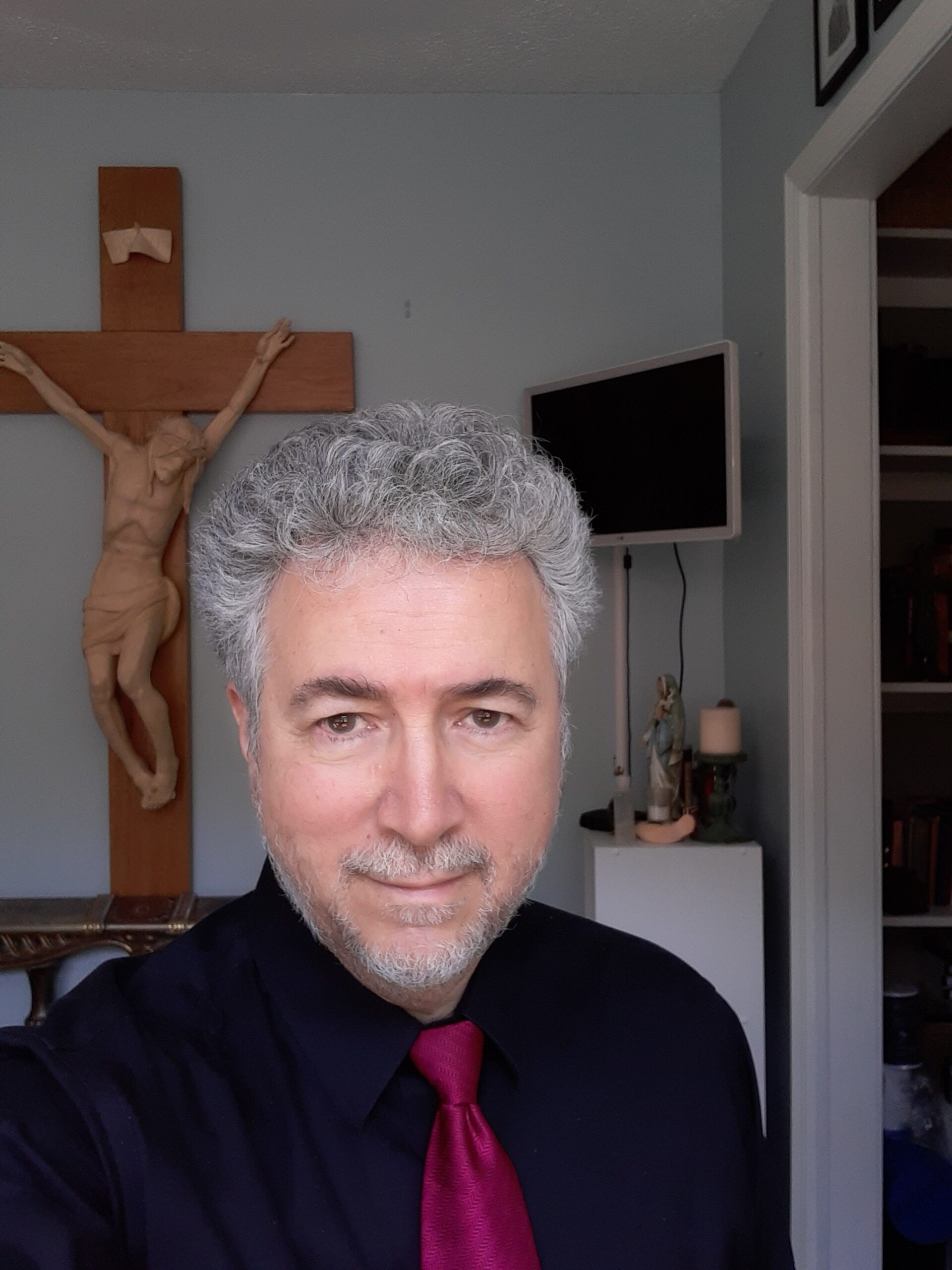Stenós Stochastís, which means ‘Narrow Thinker’ in Greek, cordially clashes with Sophia (meaning Wisdom) on scientific positivism.
Sophia: Wisdom and science are complementary in our understanding of things.
Stenos: Nonsense. The scientific method is the only legitimate way of knowing anything.
Sophia: Can you prove this through the scientific method?
Stenos: Prove what?
Sophia: The claim that, “the scientific method is the only legitimate way of knowing things.” Can this be demonstrated through the scientific method?
Stenos: No….
Sophia: Then how can we accept your claim?
Stenos: Well….
Sophia: Since your claim is not derived by the scientific method, it contradicts itself. You do believe in the law of non-contradiction as the first law of logic, don’t you?
Stenos: Well, sure. But…what I mean to say is… only empirically or mathematically verifiable ideas are valid. All else is mere opinion.
Sophia: That’s a little different. Nonetheless, can you prove this new claim of yours empirically or mathematically?
Stenos: Prove what claim?
Sophia: That only empirically or mathematically verifiable ideas are valid. Has this claim been empirically or mathematically verified?
Stenos: Ah…. No….
Sophia: Then why contradict yourself again?!
Stenos: I didn’t realize I was… until now, I guess.
Sophia: You see, everything begins with faith, and then is tested by reason. Children begin by trusting their senses, their parents, teachers, etc. Only by being open to what is given to you can you later discern through reason that some of it is false. No one begins by trusting nothing and believing realities only when their scientifically verified. That is not possible. Science is a wonderful way to understand physically quantifiable phenomena, but we first need to begin with faith in what is given: believing our senses, what we’re told by trusted sources, as well as our reasoning capacity.
Stenos: OK, faith and reason precede and uphold the scientific method, but science’s conclusions then cannot be disputed.
Sophia: While the scientific method is great to unlock secrets of the physical world, true science never claims to have the last word on anything. It’s always subject to alteration. Besides, you’re missing the point that wisdom is another kind of knowledge, which employs a different method.
Stenos: Another method? Like poetry, parables, and storytelling?
Sophia: Yes, and wisdom can also be found in proverbs, morals, and the like. Wisdom is a form of understanding that is able to see the bigger picture. While science analogously analyzes the pieces of the jigsaw puzzle, wisdom sees the whole puzzle, has insight into its meaning and purpose, and understands why the pieces all fit together.
Stenos: So, you’re saying the knack of intuitively grasping the big picture through reason is wisdom, whereas understanding its specific phenomena through analyzing is science?
Sophia: Yes, something like that.
Stenos: Then you’re right; these are two distinct methods of knowledge, and I can see they’re complementary, each potentially sharpening and refining the other.
Sophia: Yes, and yet, you’d have to say that faith, reason, and science are all complementary ways of obtaining the same general object: truth.
Stenos: But I don’t have to accept all the bits of wisdom I hear or read, correct?
Sophia: Of course not. Some claims masquerade as wisdom but are simply erroneous opinions.
Stenos: Thanks for the discussion. It would be wise for me to go now, since I observe by the empirical data of my watch that I am running late for a meeting.
Sophia: Indeed. I look forward to tapping into more of your wisdom when we meet again.

